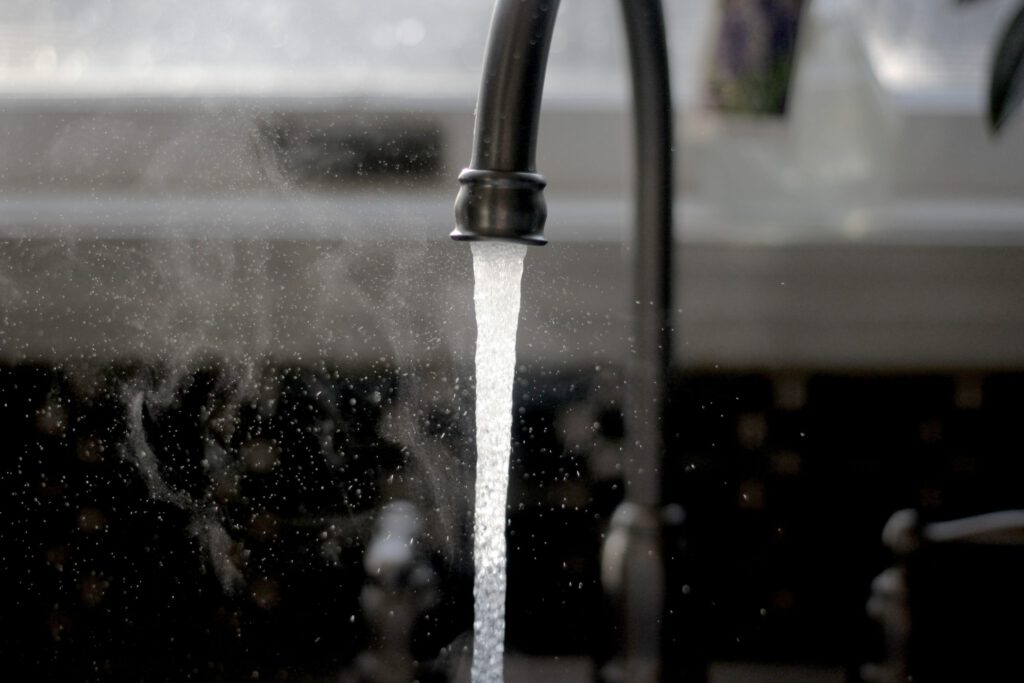The rising temperature leaves you with a laundry list of items to take care of before the summer season comes into full swing. Now is the time to create and execute your Summer Prep list. Be sure to ask yourself the following questions:
- Is your kitchen prepped?
- Your staff fully trained and have the tools handy to exceed your numerous customers’ expectations?
- Have all your kitchen appliances receive their annual maintenance?
With your to-do list never-ending, where do your grease traps fall? Your grease traps are an essential item to your facility by preventing grease and other waste from entering the waterways. They prevent your facility, accidentally, from wreaking havoc on the environment leaving you with hefty fines and a giant headache.
Below are three ways to prepare your grease traps and interceptors for your increase in traffic.
One. Best Practices
Part of your staff’s training should be your Best Practices for Grease Traps. This involves educating them on what should and shouldn’t be disposed of down the drain. One of the main reasons clogs occur is due to what is placed down the drain. Proper training remedies this issue.
Some simple best practice rules are:
- Wipe off excess food on plates into the trash prior to rinsing.
- Always keep a strainer on the sink and floor drains.
- Do not put any cooking oil, milk, or butter down drains.
- Solvents should never be poured down the drain as they can seep into the waterways damage the city lines.
Two. Invest in a Regularly Scheduled Grease Trap Cleaning
Preventative maintenance is vital to ensure your grease trap or interceptor remains functioning properly. The cleaning removes fat, oils, and grease or F.O.G. along with solids. Then inspections of the units occur for signs of odor, clogs, and damages.
Many states and cities enforce mandates on how often your grease interceptor needs to be cleaned. Depending on how busy your facility is will dictate your cleaning schedule.
Three. Be Prepared for Emergencies and Seek Professional Help.
Although following best practices and scheduled cleaning are essential to the health of your grease interceptor, malfunctions and break downs can still occur. When this happens do not attempt to fix it yourself. Attempting to fix the issue without knowing what the problem is could make it worse. Thus leaving you with a higher repair bill.
Call your management company or repair company first. They will ensure to rectify the issue in a timely manner and not disrupt your guests’ experiences.
Keep these tips in mind while you prepare your summer prep list. You’ll regret it if you do. By partnering with a knowledge company, such as SLM Facility Solutions, they will guide you in making an all-encompassing summer prep list and executing it. Contact us today for a free facilities assessment in regards to your grease trap or other facility maintenance needs such as waste & recycling, handyman, and more.



